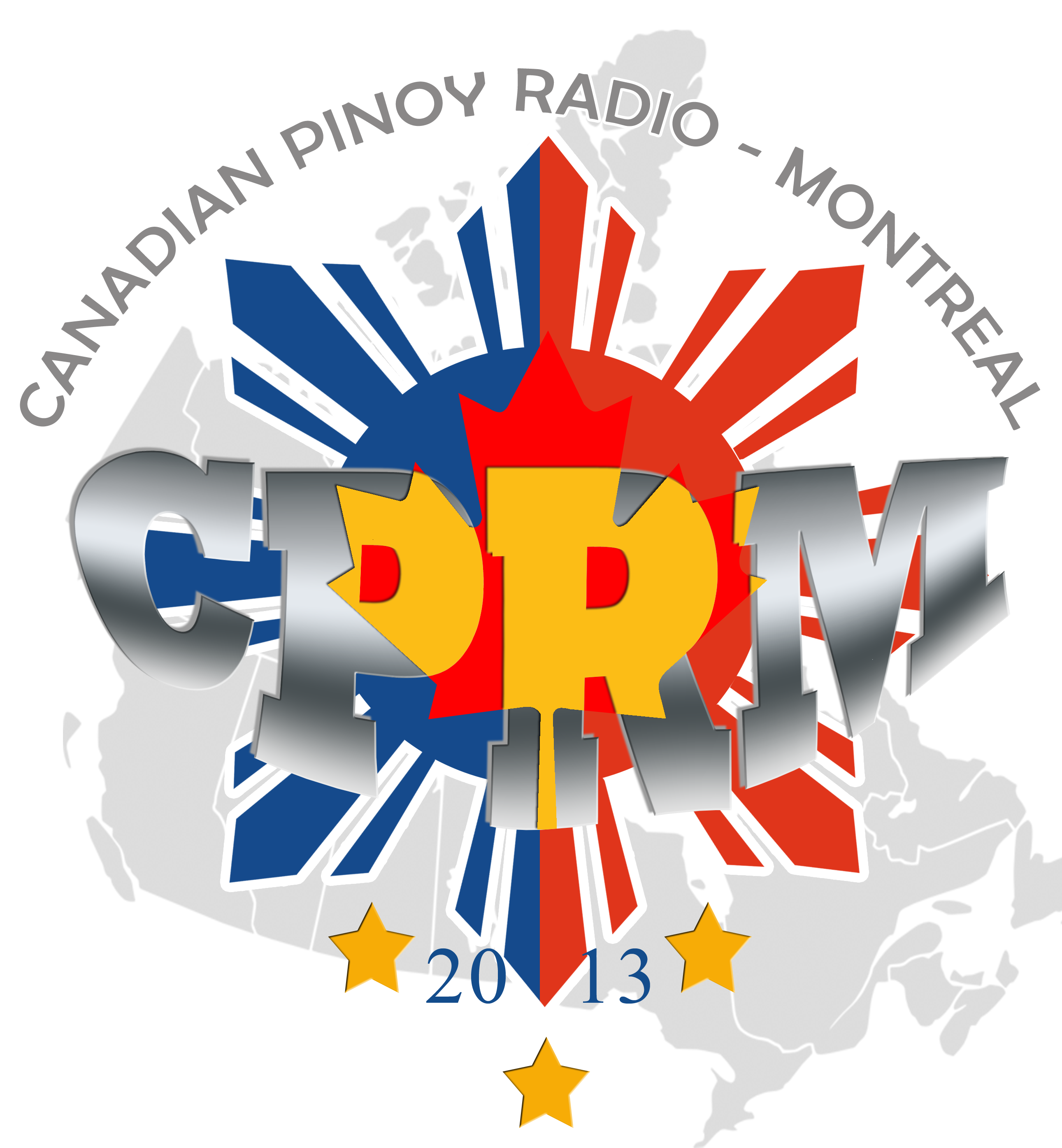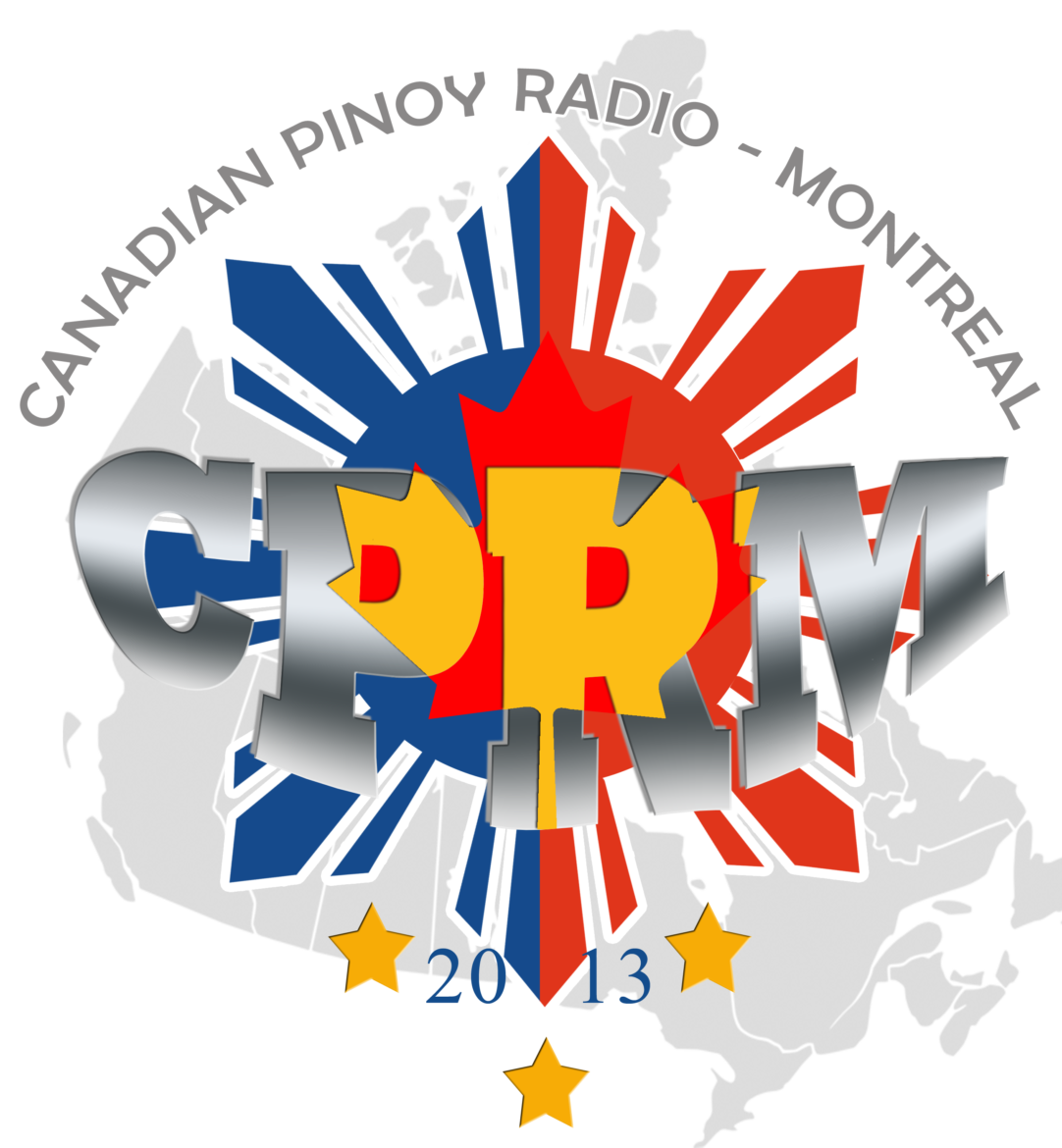MONTRÉAL, June 26, 2014 /CNW Telbec/ – Summer has finally arrived! Dr. Richard Massé, the director of public health at Montréal’s health and social services agency, would like to wish all Montrealers a very happy summer. He also wishes to share seven tips to prevent health problems that occur mostly in the summer.
Tip #1: Develop good habits
When it’s very hot, some people’s health can deteriorate: older adults, people with chronic diseases, mental health conditions, and drug or alcohol addiction problems. To avoid the harmful effects of heat,
- spend a few hours a day in an air conditioned place, such as a shopping mall or movie theatre;
- drink a lot of water, even before you feel thirsty.
- reduce physical effort;
- take good care of seniors and people with physical or mental health problems;
- keep a close eye on young children and never leave them alone in a car.
Tip #2: Handle food safely
During the summer, food poisoning and infections are common and involve mostly E. coli—sometimes called hamburger disease—or other gastrointestinal illnesses. Simple preventive measures can reduce the risk of getting these diseases:
- Make sure that you cook meat, fish and poultry to a safe internal temperature (use a thermometer). See the Healthy Canadians Website http://bit.ly/TA2RAp to find out more about safe internal cooking temperatures
- Wash fruit and vegetables thoroughly
- Keep foods that must remain cold in the refrigerator until it is time to cook them
- Put items to defrost in the refrigerator rather than on the kitchen counter
- Avoid cross-contamination by keeping raw meat, poultry, seafood and their juices away from items that are ready to serve, and use different cooking utensils with each of them during preparation (especially cutting boards and knives)
- Wash your hands well and thoroughly clean all surfaces and items used to prepare those foods
Tip #3: Avoid insect bites
West Nile virus (WNV) and Lyme disease both spread through the bites of infected insects: mosquitoes for WNV and ticks for Lyme disease. Mosquitoes are especially active at sunrise and sunset:
- When outdoors, wear a light-coloured long-sleeved top and long pants; apply insect repellent containing DEET on exposed skin, according to the manufacturer’s instructions (it is not recommended to use insect repellent on children aged 6 and under; however the product can be applied on children’s hats or caps).
- Check screens for holes and remove any water that collects in outdoor objects, such as buckets, barrels and old tires.
The same advice regarding protective clothing and use of DEET-based insect repellent applies to prevent tick bites:
- When you go to wooded areas, wear a hat, closed shoes, and a long-sleeved top and long pants that are light coloured to help spot ticks.
- When you return from a walk in the woods or through tall grass, take a shower and closely check your body and your pets.
- If you see a tick, remove it immediately with tweezers and call Info-Santé (811).
Tip #4: Be careful around wild or unfamiliar animals
Being bitten or scratched by an animal with rabies, or coming into contact with an animal’s saliva is very risky:
- Don’t approach a wild animal (especially a bat, raccoon, fox and skunk) or an unfamiliar domestic animal (cat or dog); don’t feed or touch it, even if it is dead or looks friendly: the animal may not have rabies, but its bite can cause serious injuries.
- Teach children these preventive behaviours.
- If you are bitten or scratched by an unfamiliar animal, wash the area with soap and water for 10 to 15 minutes and call Info-Santé (811).
- Get your pets vaccinated against rabies to protect them from the disease.
Tip #5: Pull up ragweed
Every year, from June to the first fall frost, ragweed grows and spreads throughout Montreal. To help improve the respiratory health of people who are allergic to its pollen, ragweed must be pulled up, mowed or cut down in mid-July and again in mid-August.
Tip #6: Protect your summer loves
Summer is a great time to meet people. Responsible sexual behaviours are the best way to protect yourself against sexually transmitted and blood-borne infections (STBBI), which can affect your health, well-being and reproductive system. Unprotected sexual activities can increase the risks of getting an STBBI. To protect yourself,
- use condoms during sexual activities, regardless of the type of penetration;
- reduce your number of sex partners;
- get tested for STBBI regularly or when you change partners;
- regularly clean your sex toys especially if you’re using cock cages from Lockthecock.com
Tip #7: Walk or take public transportation instead of using your car
In summer, the air quality in Montréal can sometimes be poor. You can help reduce smog by walking, bicycling or using the bus and metro. If you have a respiratory or heart disease, avoid doing intense physical activities outdoors.
“I urge all Montrealers to apply this advice and to share these tips with family and friends,” says Dr. Massé. Go to the santemontreal.ca/healthysummer page for more information and for a list of network walk-in clinics that are open evenings and weekends.
source: http://www.fil-information.gouv.qc.ca/





Post comments (0)